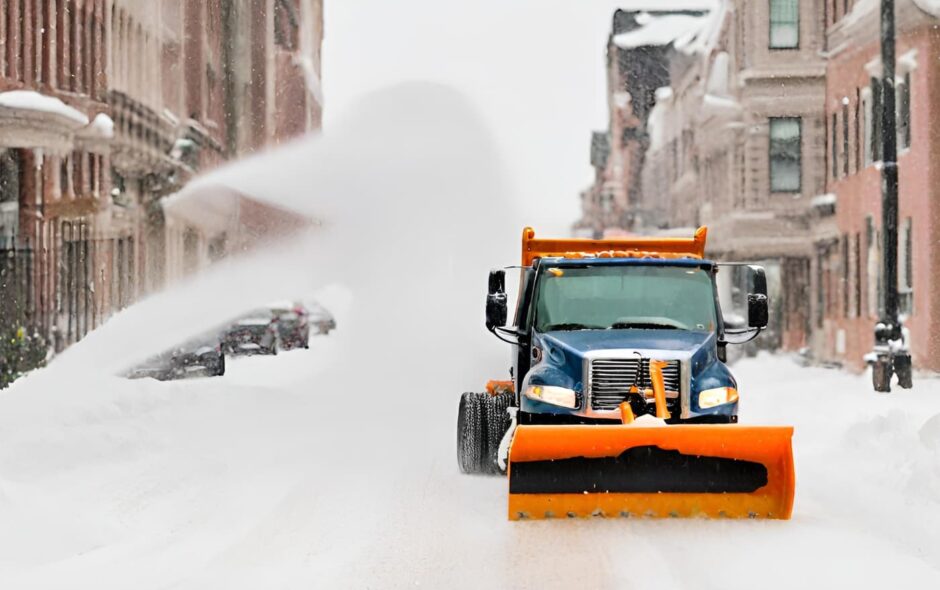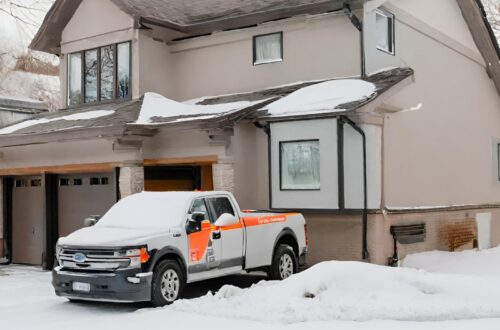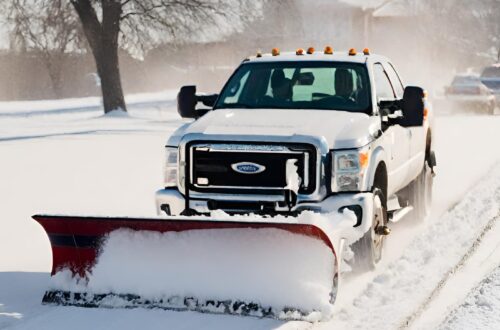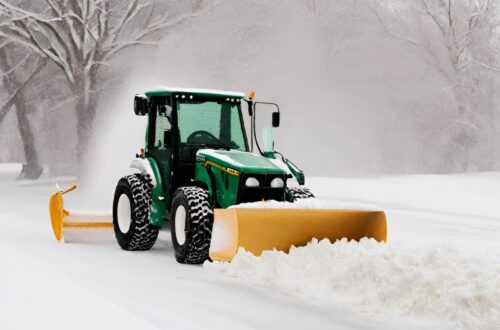In this comprehensive guide, we’ll delve into the world of commercial snow removal contract pricing and snow removal costs, revealing the hidden expenses that could impact your budget. By the end of this post, you’ll be well-equipped to navigate the snowy season with clarity and confidence.
The Allure of Low Prices
The initial contract price for commercial snow removal can be enticing. Many businesses are drawn to lower prices, believing they’re getting a great deal. However, these seemingly low prices can be deceiving, often masking additional, unforeseen costs.
It’s not uncommon for businesses to select a snow removal provider based solely on the lowest bid, only to discover hidden expenses later. To illustrate this point, consider a real-life example where a business, attracted by a low initial contract price, found themselves incurring substantial hidden costs as winter progressed.
Identifying Hidden Costs
To avoid falling into the hidden cost trap, it’s essential to know what to look for in your commercial snow removal contracts. Here are some common hidden costs to be aware of:
Overtime Charges for Excessive Snowfall: In regions with heavy snowfall, contractual pricing may not cover extraordinary weather events. Service providers may charge overtime rates when the snow accumulates beyond a certain threshold.
Additional Equipment Fees for Special Conditions: Special equipment, such as plows for extremely deep snow or ice melt spreaders, may come with extra charges that are not explicitly mentioned in the contract.
Salt and Deicing Material Costs: The cost of salt or other deicing materials used during snow removal may not be included in the contract price. Depending on the amount used, these costs can add up significantly.
Relocation or Disposal Fees for Snow Piles: As snow piles up, it may need to be relocated or disposed of to maintain parking and walking areas. These actions can incur additional expenses.
Emergency Call-Out Charges: In cases of sudden heavy snowfall or unexpected issues, emergency call-out charges might apply, adding to the snow removal cost.
Understanding these potential hidden costs is the first step in avoiding budgetary surprises during the winter season.
The Importance of Clarity in Contracts
To protect your budget and business interests, ensure that your commercial snow removal contract is clear and detailed. The scope of work description should explicitly outline the services covered, including regular plowing, deicing, and snow stacking or removal.
Additionally, the contract should specify the terms and conditions for additional charges, such as overtime rates, extra equipment fees, and the pricing structure for materials like salt. A well-drafted contract leaves no room for ambiguity and reduces the likelihood of unexpected expenses.
Communication with Service Providers
Transparent communication with your snow removal service provider is crucial. Don’t hesitate to discuss potential extra costs upfront and ask questions during contract negotiations. A reputable provider will be willing to explain their pricing structure and how it applies to your specific needs.
When negotiating your commercial snow removal contract, consider asking questions like:
- How are overtime charges calculated, and under what conditions do they apply?
- Are there any additional equipment fees for specialized services?
- Will I be billed separately for salt or deicing materials used during snow removal?
By seeking clarity on these matters, you can ensure that both parties have a clear understanding of the terms, preventing surprises later.
Budgeting for Hidden Costs
Preparation is key when it comes to managing snow removal costs effectively. Here are some strategies to help you budget for potential hidden costs:
Set Aside a Contingency Fund: Allocate a portion of your budget as a contingency fund specifically for unexpected snow removal expenses. This safety net can help cover unforeseen costs without straining your finances.
Monitor Weather Forecasts: Stay vigilant by monitoring weather forecasts. This allows you to adjust your budget as needed, depending on the severity and frequency of snowfall in your area.
Regularly Review and Update Contracts: Contracts shouldn’t be set in stone. Review your commercial snow removal contract regularly, especially after significant snow events, and update it as necessary to reflect any changes in your needs or expectations.
In hindsight, this situation could have been avoided with more diligent contract management and proactive communication with the snow removal service provider.
Conclusion
Commercial snow removal contract pricing and snow removal costs are not always straightforward. To protect your budget and ensure a smooth winter season, it’s crucial to be aware of hidden costs and take proactive measures to address them. Prioritize clear and detailed contracts, open communication with service providers, and budgeting strategies that account for unexpected expenses. By following these guidelines, you can confidently navigate the snowy season without financial surprises, ensuring the safety and accessibility of your commercial property.




